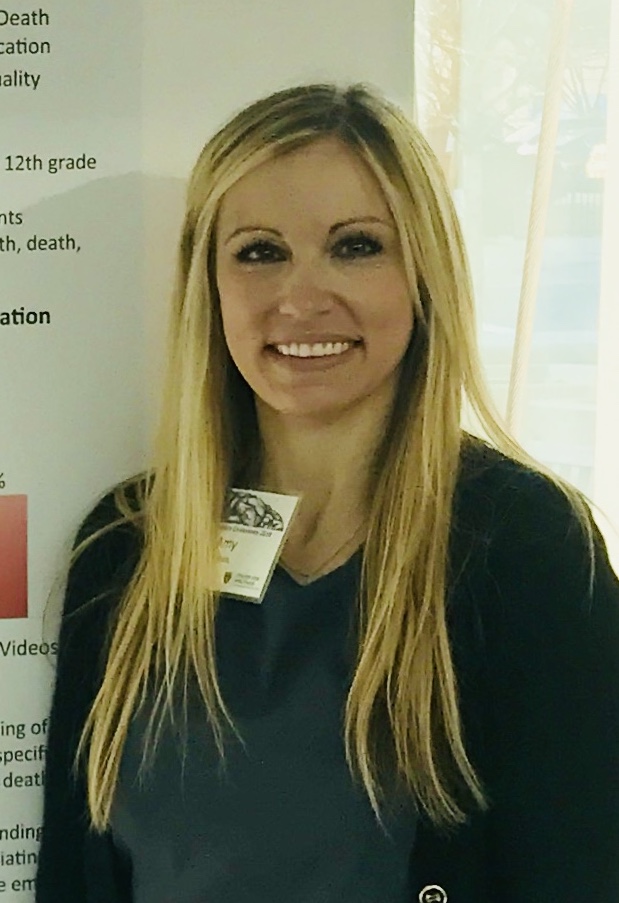Investigation of Public Perception of Brain Death Using the Internet Q&A With Author Amy Jones, MD
By: Vanessa Claude
August 10, 2018
What effects do you hope the findings of this study will have on the medical community regarding the public’s knowledge and understanding of brain death?
This study revealed the public is frequently exposed to inaccurate information regarding brain death on the internet. This inaccurate information can lead to public distrust of the medical community and negative emotions directed specifically toward physicians and the link between brain death and organ donation. We frequently read statements such as “these disgusting doctors won’t even give people a chance to fight for life…ready to pull the plug and steal his organs like vultures.”
I hope that this research will alert the medical community to these inaccuracies and will allow providers to focus on repairing the physician-patient/family relationship through honest and open communication regarding what brain death is and is not and create some separation between discussions of brain death and discussions of organ donation.
How would you propose the medical community attempt to improve this understanding?
The medical community can improve understanding of brain death using clear and concise language in describing brain death as death. More importantly, the medical community must recognize that hearing your loved one is brain dead creates a highly emotional state, and an empathetic response can have a lasting impact on the provider/family dynamic.
What are some factors that could enhance this study further? And what results would you like to find in the future?
This study could be enhanced by inclusion of additional internet resources such as Facebook, Reddit, Twitter, and so on, to gain a broader perspective of the public perception of brain death. It would also be interesting to re-examine the public perception and trust of the medical community by reassessing the top Google and YouTube videos currently and how that ranking is impacted by the continued media attention of high-profile cases, especially Jahi McMath.
 Amy Jones, MD, is currently a third-year critical care fellow at Children’s National in Washington, DC. Her research interests include bioethics, end-of-life practices, and communication.
Amy Jones, MD, is currently a third-year critical care fellow at Children’s National in Washington, DC. Her research interests include bioethics, end-of-life practices, and communication.